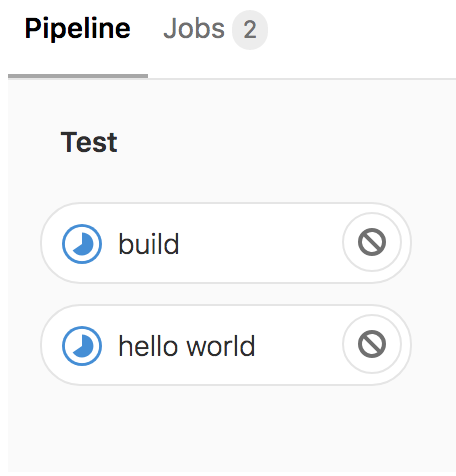


Including very obscure events such as uops_executed.cycles_ge_2_uops_exec (Cycles where at least 2 uops were executed per-thread) or frontend_retired.latency_ge_2_bubbles_ge_2 (Retired instructions that are fetched after an interval where the front-end had at least 2 bubble-slots for a period of 2 cycles which was not interrupted by a back-end stall). The -d flag adds basic cache events, by adding another -d you also get load and load miss events for the dTLB, iTLB and L1i cache.īut as mentioned, you can instrument any event supported by your system. Ignore the command, it's just a placeholder to get meaningful values. $ perf stat -d - sh -c 'find ~ -type f -print | wc -l' There is an overwhelming number of events you can instrument (use perf-list(1) to show them), but a simple example could look like this: On Linux, you can easily instrument real cache events using the very powerful perf suite. If I understand correctly valgrind (cachegrind) reports L1/L2 cache misses based on a simulated CPU/cache model. Let me know what I can use any build/library tool with this library that builds with autotools, this other one from cmake, here is one with qmake (though at least qt is switching to cmake which is becoming the de-facto c++ standard), just to name a couple that handle dependencies in very different ways. However in the real world we have a lot of languages, and a lot of libraries that already exist. So long as you stick to exactly one language with the build system of that language things seem nice. No language has good tools around library and builds. (you can't use atomic to write data from two different threads at the same time) Even rust's memory model has places where it can't do what C++ can. Sure other languages have some nice tools to do garbage collection (so does C++, but it is optional, and reference counting does have drawbacks), but there are a lot more to tooling than just garbage collection. What language that has anything like cachegrind which is the topic of this thread? Cache misuse is one of the largest causes of bad performance these days, and I can't think of any language that has anything built in for that. Later on, those colleagues who had left the company invited me to my next gig. The presentation I made on that discovery, and my proposed fixes (which eventually sped everything up greatly), finally earned the respect of my colleagues, and no phd wasn't a big deal after that.

Valgrind was able to get the profiles after failing with everything else I could try. Profiling tools at the time were quite primitive, and the application was a morass of shared libraries, weird dynamic allocations and JIT, and a bunch of other crap.
#CMAKE PRINT VARIABLE CODE#
They had started small enough to fit in registers, but over time had grown so large that a function call to manipulate them effectively flushed the cache, and the rest of the code assumed these operations were cheap. I used the then very new callgrind and the accompanying flamegraph, and discovered that we were passing very large bit arrays for register allocation by value. And as it was clearly not a sophisticated project, I got assigned to figure something out. We had a severe problem with a program's performance, and no one really had any idea why. I had been at the firm for a while, and they were nice enough, but didn't really have me down as someone who was going to contribute as anything other than a very junior engineer.
#CMAKE PRINT VARIABLE FULL#
I was working at a company full of PhDs and well seasoned veterans, who looked at me as a new kid, kind of underqualified to be working in their tools group. I sort of owe callgrind a big chunk of my career.


 0 kommentar(er)
0 kommentar(er)
